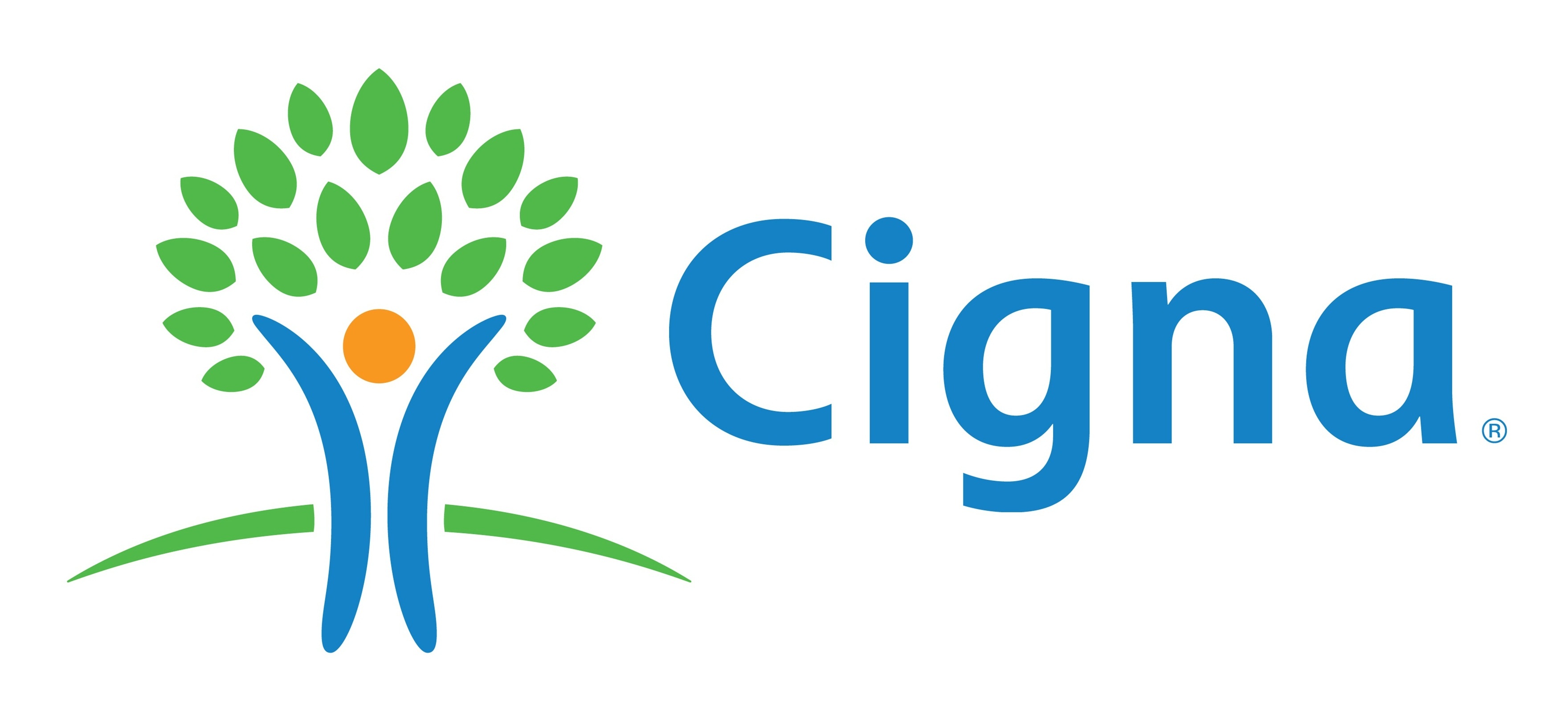For most of us, the computer and Internet have become integral in our everyday lives. For many adults, work involves sitting in a cubicle and staring at a screen all day, only to come home and play videogames, scroll through their phone, or mess around on the Internet. As for adolescents and young adults, many come home from school and hop on the computer or their favorite gaming console to play online video games. In fact, over 90% of young adults participate in some form of gaming, and the phenomenon has become reflective of what many behavioral health researchers now refer to as video game addiction. Video game addiction is a disorder that is most commonly seen with players of Massively Multiplayer Online Role-Playing Games (MMORPGs). World of Warcraft® is probably the most well-known game in this category. MMORPGs are designed to maximize the amount of time a player stays in the game by using highly reinforcing random reward patterns. This conditions players to continue seeking the random rewards that the game offers, despite the fact that they have no real value.
The influence of this built-in game architecture is particularly potent, since adolescents usually begin their gaming career at a time of high neuroplasticity, while their brains have yet to fully develop the ability to manage impulses. Symptoms of video game addiction can include inability to stop or cut down the activity to a more reasonable amount, craving more and more time at the computer, neglecting work, school or family obligations in favor of gaming and feeling empty or irritable when not engaged in the game.
At Scottsdale Recovery Center’s adult addiction treatment center, we know that video game addiction treatment must be addressed with thorough psychiatric and bio-psycho-social assessments designed to identify possible medical, psychological, developmental and social co-factors that may be contributing to the excess gaming. In Scottsdale Recovery Center’s safe and structured setting, gamers who may have once been isolated and entrenched in excessive hours of play, can address any underlying mental health issues and regain the emotional support and socialization in group activities. Cognitive Behavioral Therapy can also be useful in helping the addicted gamer find healthier and more productive ways of managing moods, feelings and thoughts that may trigger impulses to game. On campus, Online Gamers Anonymous, a recovery fellowship based on the principles of Alcoholics Anonymous, provides our gaming addiction patients with the experience, strength and skills necessary to recover (and stay recovered) from their addiction.
Addiction to video games sometimes exists in tandem with co-occurring mood disorders like anxiety and depression. Learn more about Scottsdale Recovery Center’s commitment to identifying co-occurring disorders.

























